Help to Educate
This can be small but still helpful. If you see someone referencing a "poisonous" snake or saying any misconceptions or misinformation. You can correct them so that they and the people around you can learn more about reptiles.
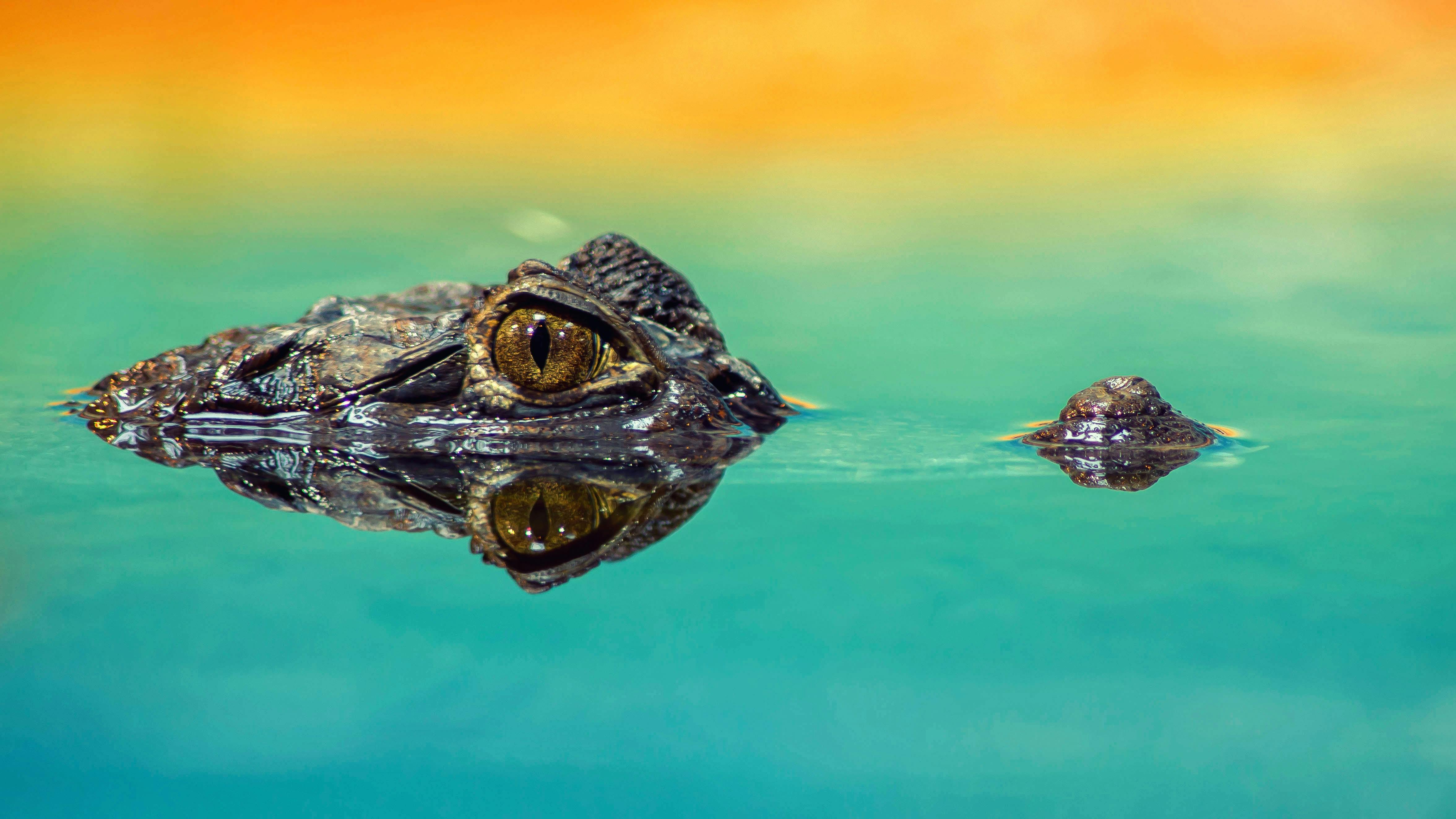
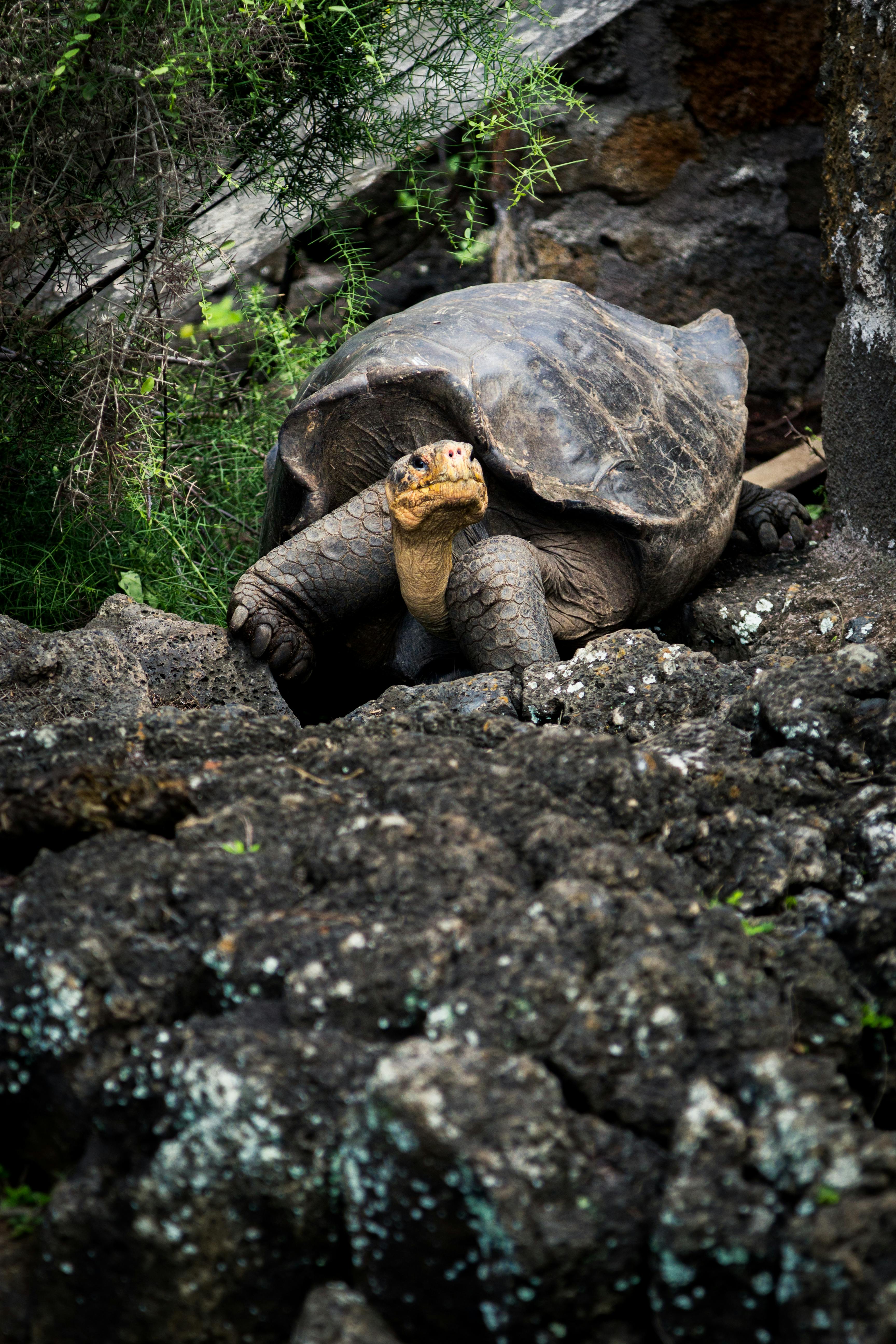
Support organizations that help reptiles:
The following links are to official organizations' home pages. These are a great place to give if you are able and willing to supply monetary support for reptiles.
- ARC - Amphibian and Reptile Conservancy
- https://www.awarewildlife.org/
- Georgia Herpetological Association and Rescue
- IHS - The International Herpetological Symposium
- IUCN - International Union for Conservation of Nature
- Orianne Society
- TTPG - Turtle and Tortoise Preservation Group
- UGA College of Veterinary Medicine
- US ARK - United States Association of Reptile Keepers
- Wildlife SOS in India
Create an environment for reptiles in your backyard.
This not only helps reptiles but also other organisms in the ecosystem in and around your backyard. You can do this by planting native plants and putting birdbaths on the ground for organisms to use. If you do this, you may also want to keep your yard without debris or many brush piles so that you can see where you are going so that you do not accidentally harm an organism or provoke an organism to harm you.
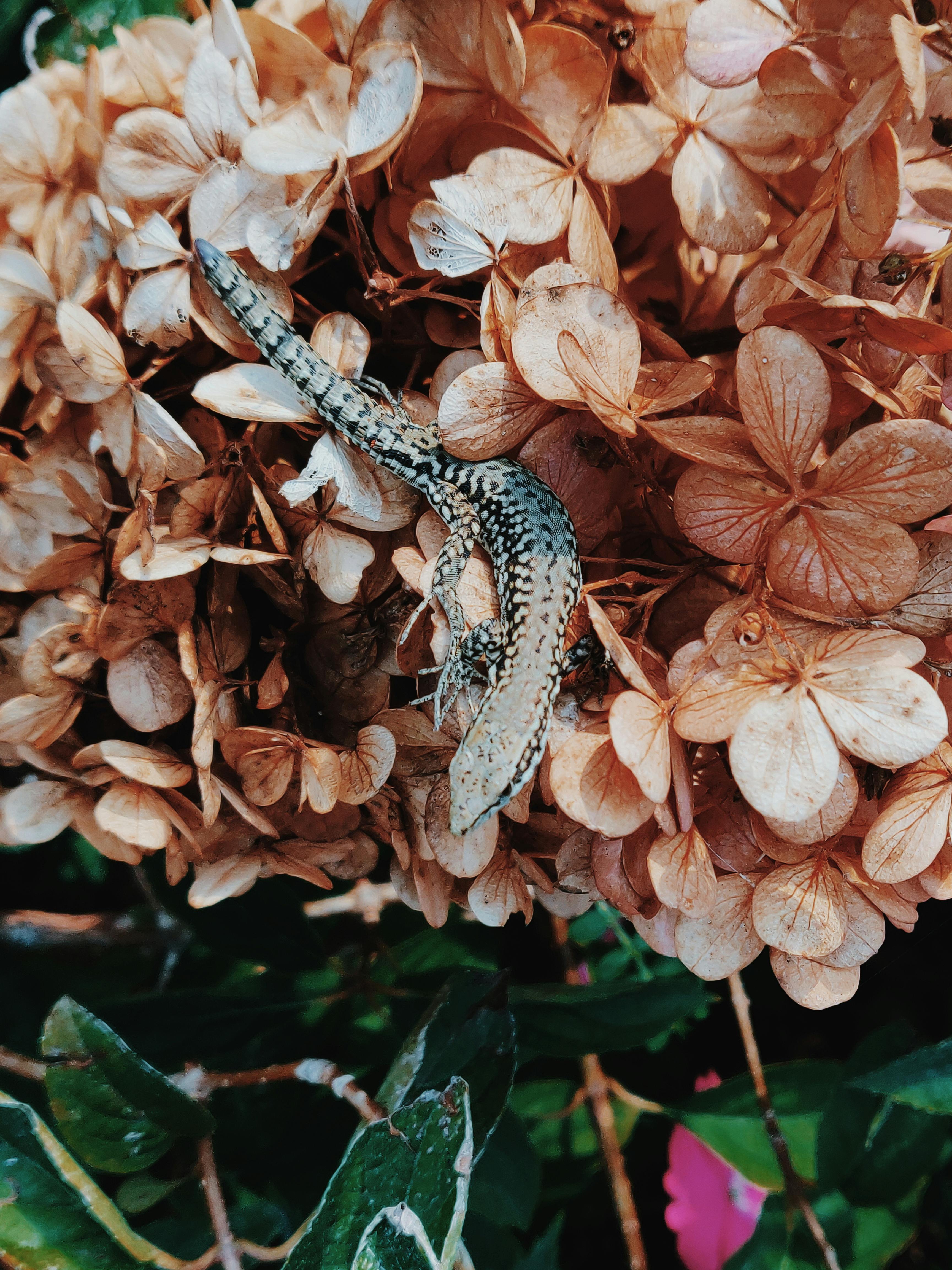

Keep Cats Indoors
Outdoor cats cause a lot of turmoil for not only reptiles but also birds and mice. They hurt the ecosystem in and around your backyard. You can prevent this by keeping your cats predominantly indoors.
Do Not Buy Reptile Skin Products
Try not to buy products made of reptile skins or parts.
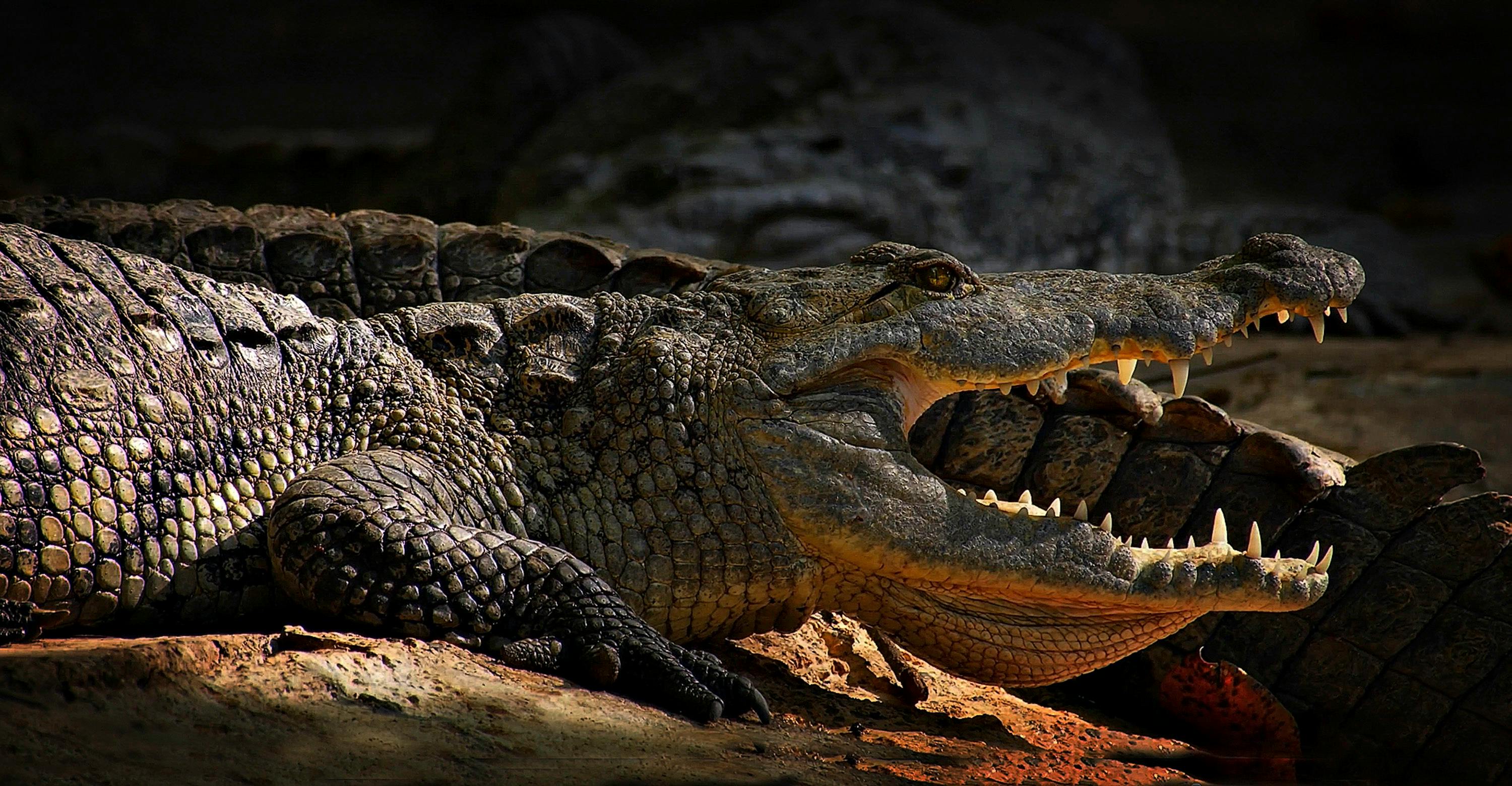
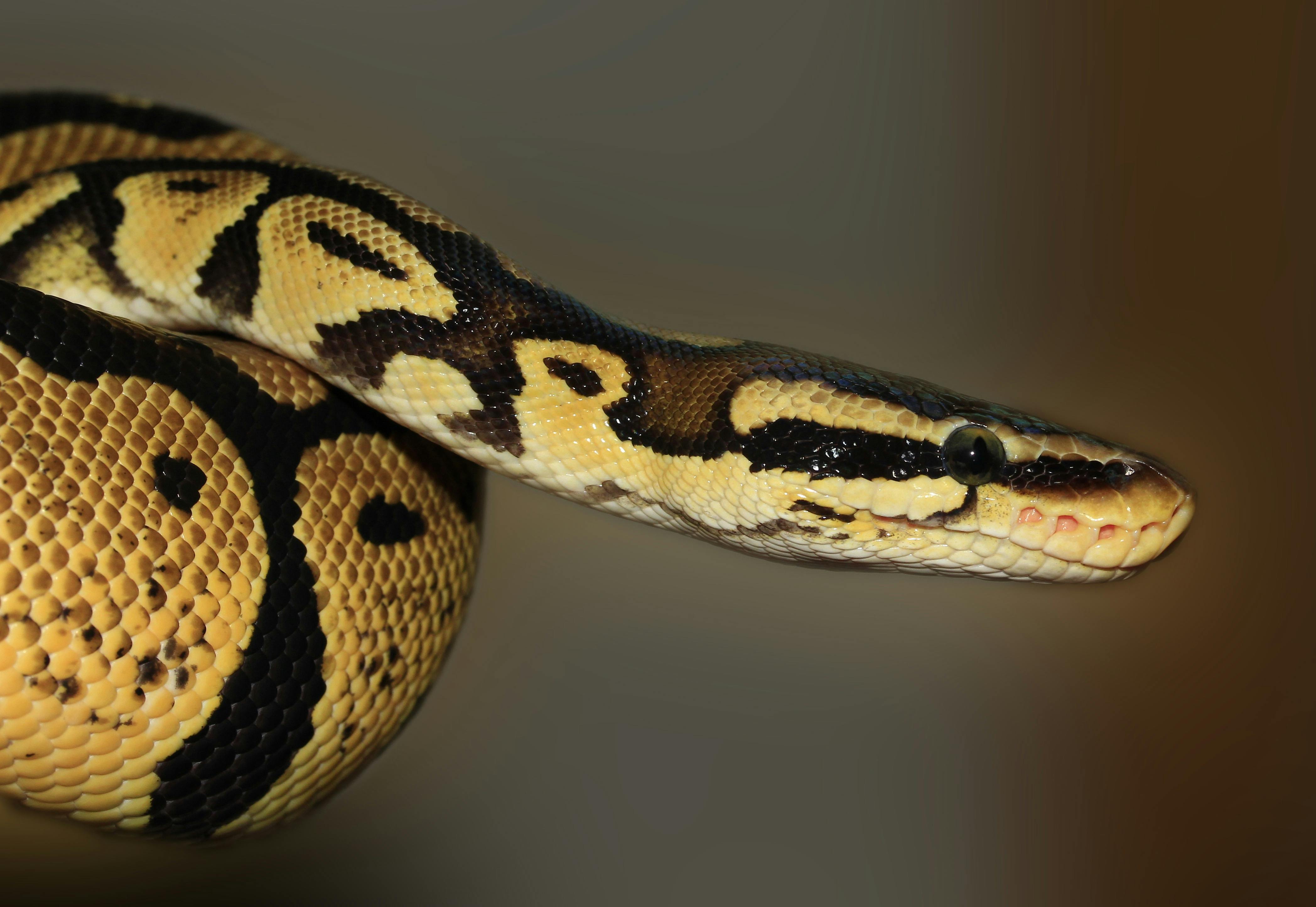
Adopt
If you want to keep a reptile as a pet. Do your research and adopt a reptile instead of buying a baby. Do not keep reptiles you find outside. Do not release your pets into the wild.